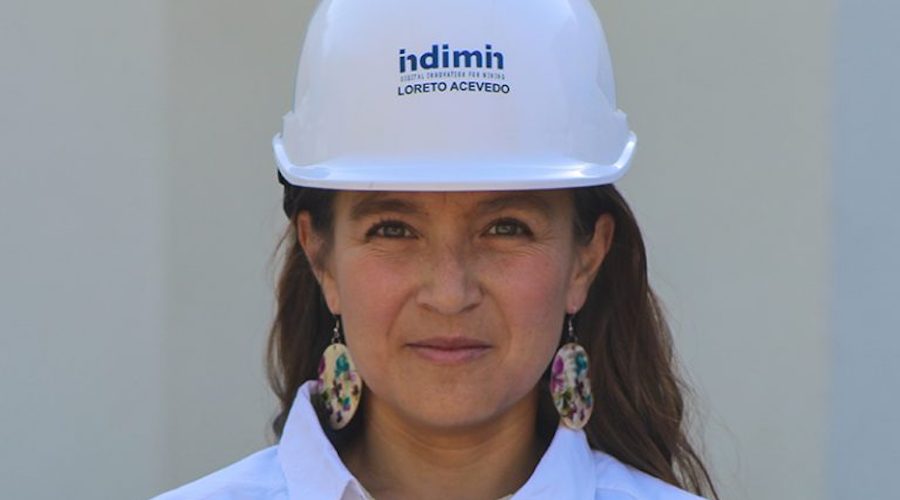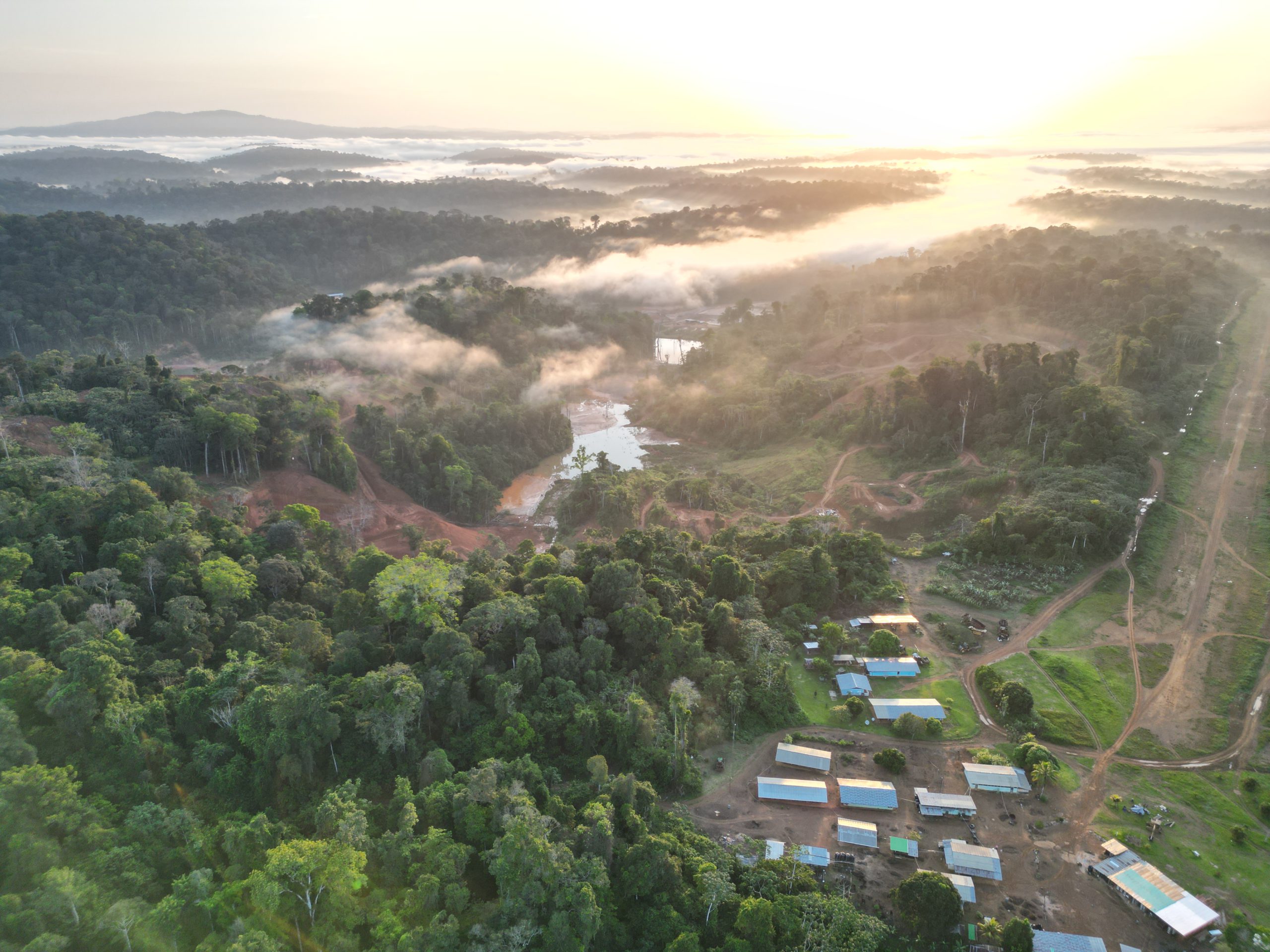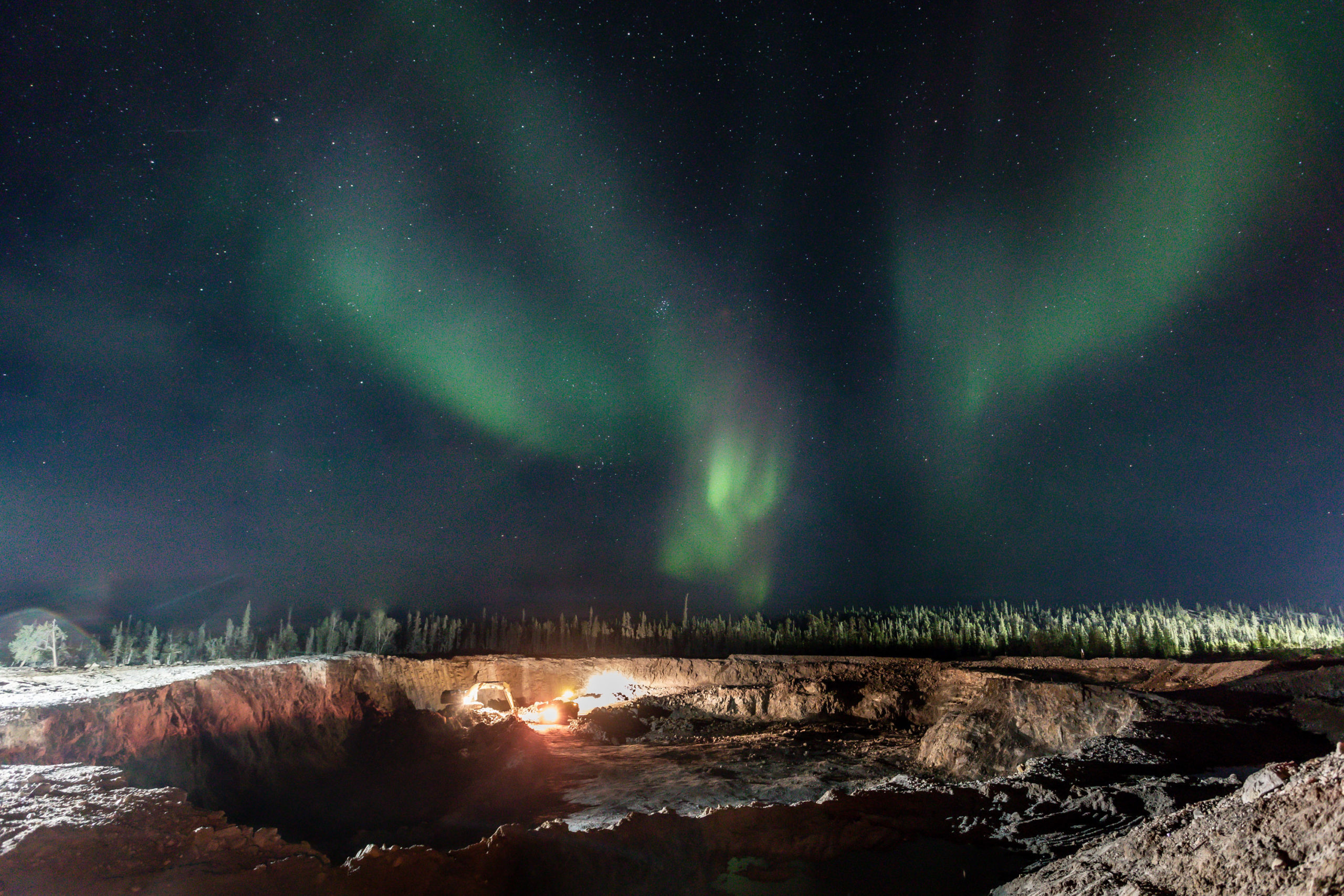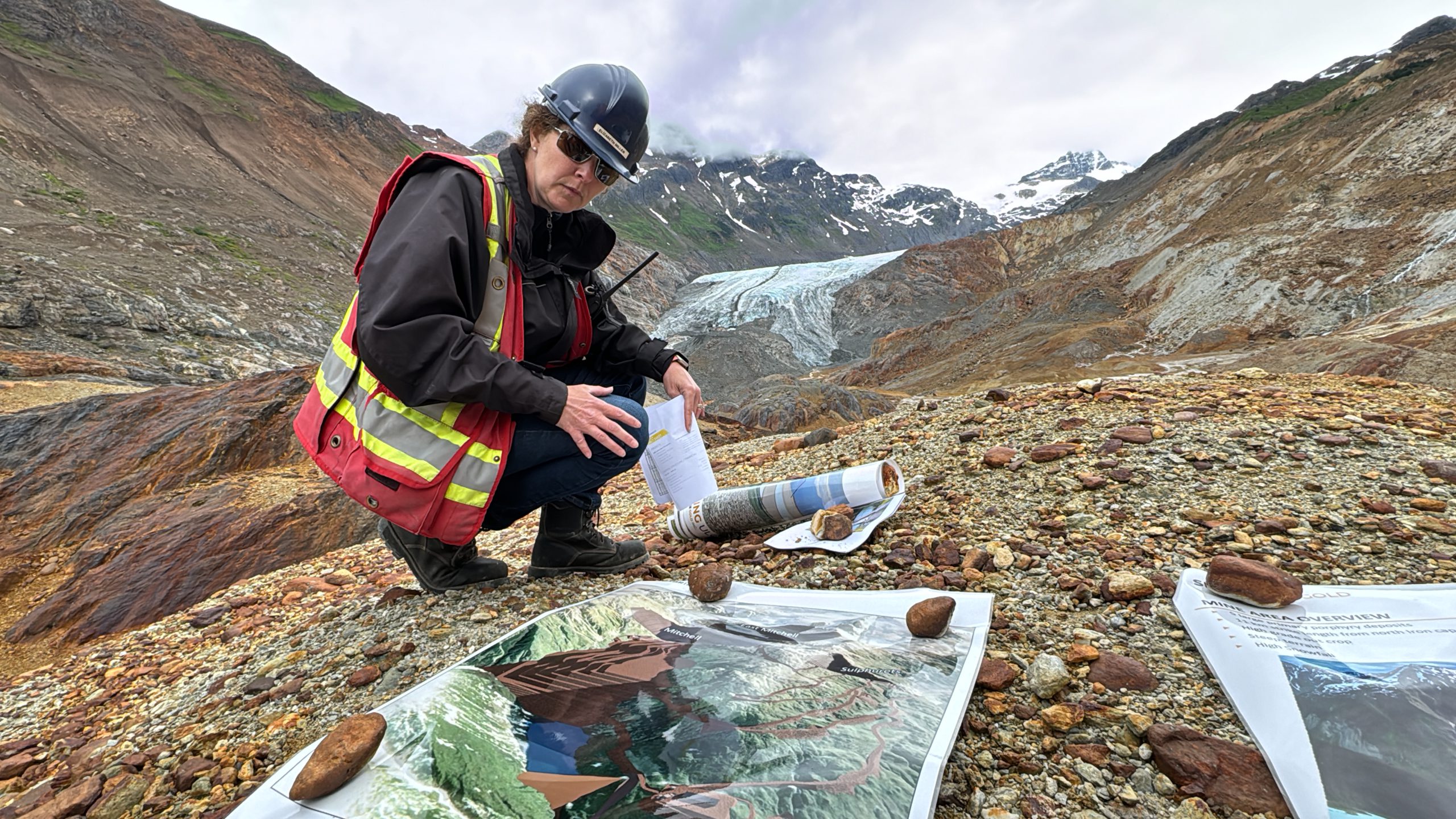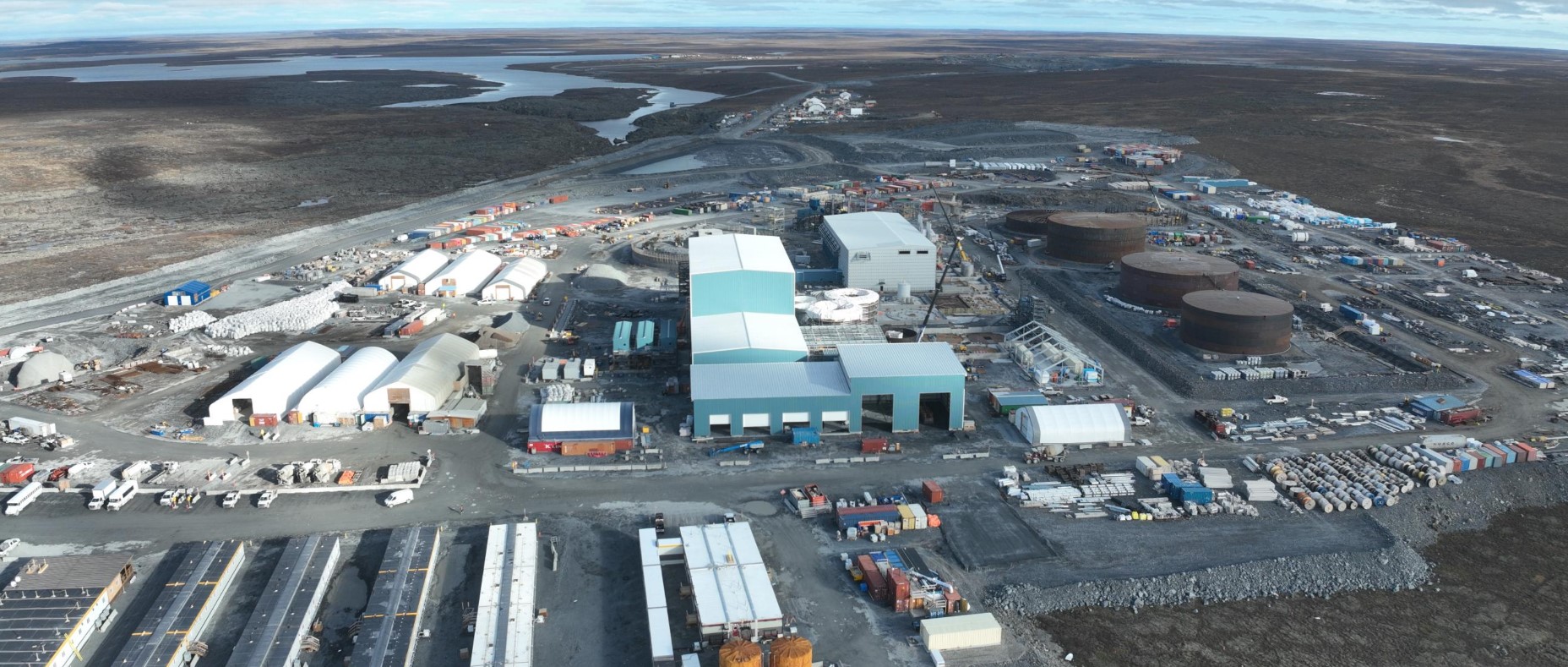“I believe Latin America has incredible human capital, mining knowledge and a unique diversity, which means that it also has the ability to foster real, radical change,” Loreto Acevedo, InDiMin’s co-founder told MINING.COM.
According to Acevedo, her company’s product has been key in the modernization of mine sites such as Chile’s Los Colorados mine – which hosts the country’s largest iron ore deposit -, as it allows operators to use smart data analyses to become their own coach, learn best practices based on feedback from processes’ data and collaborate in smart ways with their teams.
To develop the solution, Acevedo and her business partner Álvaro Díaz, interviewed dozens of people at medium and large mine sites to learn about their needs and what was lacking in terms of digital innovation. Then, with the help of end-users, created their first prototype back in 2013.
“In these past years, we’ve pioneered AI developments for the mining value chain, from planning to drill and blast, load and haul, mineral recovery and grinding processes,” Acevedo said. “We have achieved performance improvements of up to 25%, optimized production chains by 9% and this has resulted in gains of more than $7.5 million for some big miners based in Latin America.”
Even though the executive believes technology is key to improving processes and results, she is also convinced that the main transformation has to occur within people so that safe, trustworthy and productive behaviours are instilled in the workforce.
Learning from failures
Loreto Acevedo learned that change has to start with people when a big project she was involved in back in 2012 failed.
The goal of the project was to incorporate semi-autonomous drill jumbos at a mine site and even though her team tried to make the transition a smooth one, operators refused to adopt the new technology.
“This drove me to pursue a master’s degree in innovation where I learned how to manage projects that have a high degree of uncertainty. In particular, I focused on how to introduce technological change in processes and workforces,” Acevedo said.
Having learned from that initial failure and from her courses, the following year Loreto Acevedo developed a program to allow women who had taken theoretical courses on how to operate jumbos and bolting rigs to gain some practical experience.
“It was very challenging as the company’s culture was not prepared to welcome them and change the way they do things,” she recalled. “However, a few of them were able to move forward and nowadays are machinery operators at subcontracting companies. If I had to relaunch this program, I would definitely focus first on lowering the barriers that still exist within certain organizations and push against biases towards women in mining.”
One of the lucky ones
Loreto Acevedo is convinced that the way things are done within the mining industry can be transformed, not only when it comes to the implementation of technology and sustainable practices but also when it comes to opening spaces for women.
“Technology can be a lever for change and it can be used to transform how mining careers are conceived so that people understand that, for example, raising children is a shared responsibility between men and women,” she said. “It is time for us to change the rules of the game so that we can perform our best. These rules were designed by men because they have been in the business for longer. Thus, we urgently need more women in leadership positions who have strong voices so that we can switch things around.”
Acevedo recognized there were major obstacles hindering women’s participation rather late in her career when she started interacting with other women.
She grew up in a family of miners. Her grandfather worked at Codelco’s El Teniente copper mine back when miners had to work with shovels and go up the mountain on a train. Her uncles also work in the industry and even her father passed away in an accident when he was heading to a mine site.
Given this family background, it was no surprise when she decided to study civil engineering and started working on a company that, among other things, built underground tunnels for mining operations.
Loreto Acevedo said that, for her, working in mining has been a natural progression where she has been able to win spaces based on her abilities and without major gender-related issues. However, she knows her journey is an exceptional one.
“I’ve come to realize that I’ve been privileged in this sense because in our industry – and the world – the playing field is totally uneven for women,” she said.
